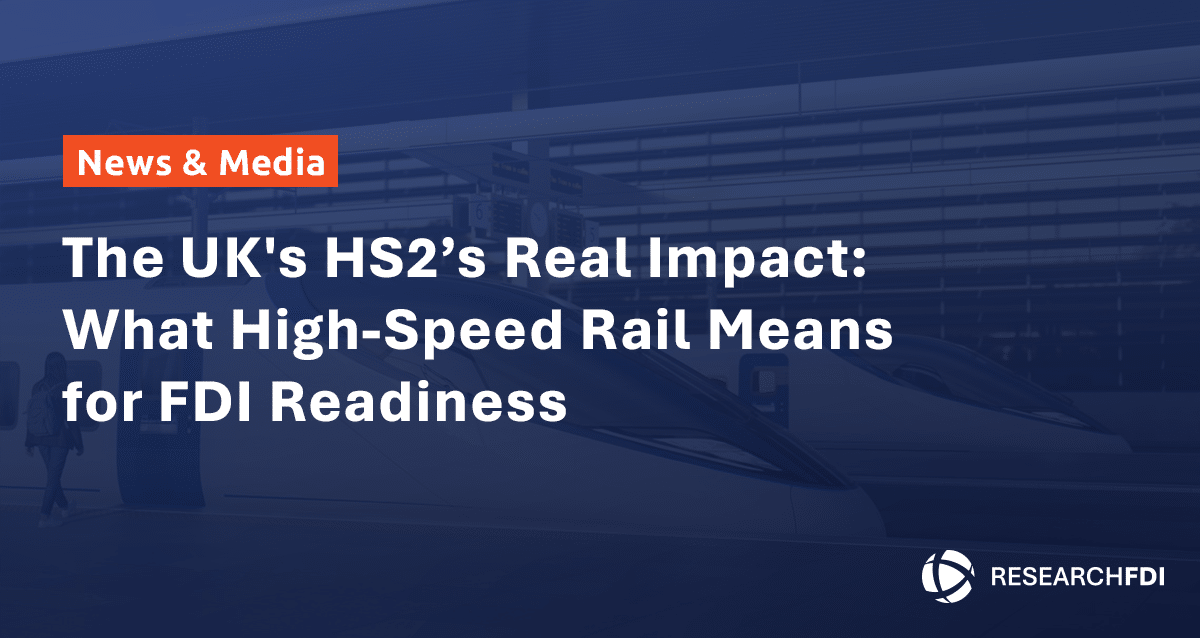On October 11, 2020, the European Union (EU) took a significant step in regulating foreign direct investment (FDI) with its new screening regulation entered into full effect.
The regulation, which was approved and adopted in March 2019, created a new framework for screening foreign direct investments into the EU – binding on all 27 member states. In short, the FDI screening regulation aims to better study direct investments coming from third party countries (non-EU member states) on the basis of two criteria; public order or security.
The new regime cements minimum standards for member states’ review systems, builds an information sharing link between the 27 member states and the European Commission (EC), and institutes a formal mechanism for the EC and the member states to give feedback on FDI that occurs throughout the European Union.
Over the past few years, close to half of the EU’s member states have adopted national security and public interest review procedures to screen foreign investments within their own countries. Up until October 2020, the EU had never adopted standards to screen inbound investments on an international scale.
Going forward, the new FDI regulation aims to boost member states’ national review systems instead of serving as a replacement.
According to an October 9 press release from the European Commission, the new regulation has created a new cooperation mechanism giving the EC and member states the option to issue comments and/or opinions on transactions involving FDI in another member states’ territory who must then give it due consideration. If a case of investment is deemed of Union interest, the EC will have greater authority as member states planning an FDI will have to consider with utmost account the EC’s opinions and explain any non-compliance issues.
The new regime includes a definitive list of areas in which FDI may cause concerns, including:
- Critical infrastructure (transport, media, data processing and storage, defence)
- Critical technologies (AI, robotics, semiconductors)
- Critical inputs (energy and raw materials, food security)
- Access to sensitive information (personal data), freedom and pluralism in the media
Valdis Dombrovskis, the Executive Vice-President of the European Commission for An Economy that Works for the People, said in October 2020 that the EU member states and the EC need to be “working closely together.” He said that if the EC wants to “achieve an open strategic autonomy, having an efficient EU-wide investment screening cooperation is essential.” He concluded that “we are now well equipped for that.”
What operational requirements were put in place for the screening regulation?
Before the FDI screening regulation went into effect, the EC and member states put together the following “necessary operational requirements” that were included on the October 11 launch date:
- A notification by EU member states of any existing national investment screening mechanisms to the EC
- The establishment of formal contact points and secure channels in each member state and within the Commission for the exchange of information and analysis
- Procedures for member states and the Commission to quickly react to FDI concerns and to issue opinions
- Updated list of projects and programmes of Union interest annexed to the regulation
Member states had also agreed to cooperate informally on FDI screening where a foreign investment could have any effect on the EU single market.
With that said, several Member States had also opted to reform their own respective screening mechanisms or adopted new ones.
Member states that introduced new foreign investment screening
On September 13, 2020, Ireland announced that it was introducing legislation to provide for a new Irish legislative screening mechanism under the FDI regulation. The legislation allowed Ireland’s Minister for Enterprise, Trade and Employment, Leo Varadkar, to screen FDI on the basis of security and public order considerations. Varadkar said that Ireland has a “strong reputation as a welcoming home for FDI” and said that his government’s intention is for that to continue. “It is important that the structures put in place in accordance with this regulation are proportionate and tailored to ensure they meet that objective,” he continued, “while ensuring Ireland that maintains its position as a small, open economy, that is very welcoming of investment from abroad.”
In May of 2020, Austria introduced a new Investment Control Act (ICA), expanding its screening of foreign investments. The Austrian European FDI cooperation went into effect with the EU regulation on October 11 and affected a wide array of sectors which included energy, information tech, telecommunications, transportation, defense, finance, food, robotics, research and development in the medical field, media, water, and chemicals.
Hungary also adopted a new decree on the screening of foreign investments in May, one which aims to protect security, order and health (especially during the COVID-19 pandemic), and introduced a new approval requirement for investments into specific Hungarian companies. Hungary’s screening went into effect on May 26, 2020, while leaving the earlier FDI screening mechanism intact, resulting in two parallel FDI screening mechanisms in the country.
In September 2020, Romania drafted a new screening process that was “far stricter”, bringing more clarity and predictability to relevant stakeholders and added obligations, conditions, and sanctions for foreign investors looking to invest in Romania.
Other member states that introduced or expanded their FDI regimes include France, Spain, Italy, Poland, and Germany.
The new era of FDI in the EU
With the new FDI screening regulation in place across the entire EU, it will allow the Commission and member states the opportunity to trace the pan-EU investment behavior and strategy of foreign investors, a process that was highly sought after by many FDI regulators.
The regulation is the EU’s first attempt to regulate foreign direct investment at the EU level and has become a clear factor that needs to be considered when engaging in transactions within the EU that involves foreign investors. Expect a closer coordination between governments and heightened scrutiny of investments in the EU, going forward.



